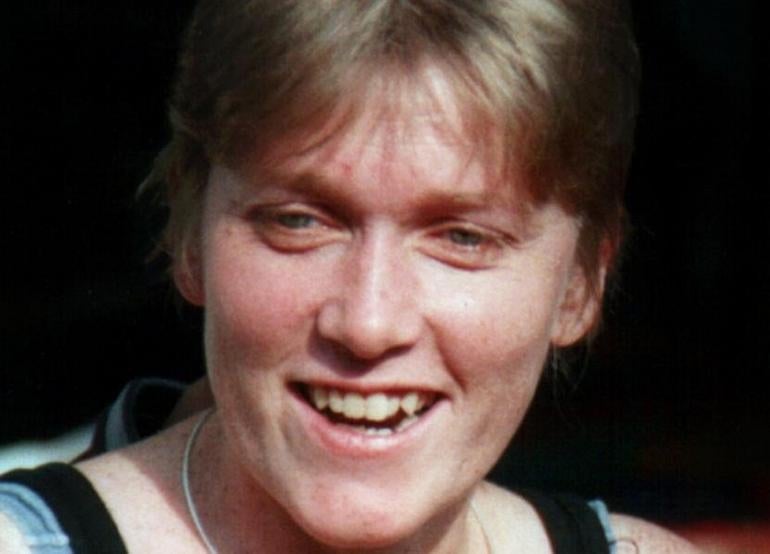
A BBC journalist shot dead while working in one of the world’s most dangerous countries “felt she had to go” to prove her commitment, an inquest heard today.
Producer Kate Peyton, 39, of Beyton, Suffolk, died in February 2005 after being shot in the back by a gunman outside a hotel in Mogadishu.
Her sister Rebecca, 36, told the inquest in Ipswich today that Peyton was worried about losing her job.
Rebecca said her sister wanted a fourth year added to her contract and feared that bosses doubted her commitment.
“She had been told there were doubts about her commitment to her job,” said Rebecca.
“She completely felt that she had to go to prove that she was committed. When it comes to news journalism, you can earn a lot of points by going to dangerous places. It is simply how it functions.”
Rebecca added: “She was utterly clear in her mind that she had to do it – that she had no choice.”
Peyton was based in Johannesburg, South Africa and had travelled to report on the situation in Somalia with reporter Peter Greste.
The inquest heard that she was shot outside a hotel two hours after arriving on February 9 2005 and died in hospital shortly before 8pm. Greste was unhurt.
A detective told the inquest that Peyton studied civil engineering at Manchester University before starting work for the BBC as a radio reporter on Merseyside in 1993 then moving to Manchester to become a regional television reporter in 1995.
She moved to Johannesburg in 2001 to work on the BBC’s world planning desk and in the following years covered stories including the Aids crisis, floods in Mozambique and the humanitarian crisis in Darfur.
She was planning to marry partner Roger Koy and adopt his daughter Chloe.
Detective Chief Inspector David Skevington said Somalia had been without effective central government since 1991 and had experienced years of fighting between rival warlords.
He said security experts assess the risk of travelling to Somalia as “extreme.”
Kate’s brother, Charles, 40, also gave evidence at today’s hearing.
He said concerns his sister had previously raised with BBC bosses about “things not really working” had been “filed”.
“I know, for example, that she had conversations in London about how she had taken concerns of hers to her managers in London about how things were not really working,” he said.
“She felt that those concerns had been filed and nothing had come of them.”
He said: “I was a bit mystified about why she had not been consulted about the safety of the trip as opposed to being given a form to fill in at the end of the risk assessment process.”
He added: “It seemed to me more to protect the company rather than the person involved.”
Greste told the inquest he was working as a freelance in Africa and that the assignment in Somalia was his idea.
He said he was prepared to go alone but a BBC boss had suggested taking a producer.
He accepted there was no question that Somalia was an “extremely dangerous place” but research showed that for foreign journalists the risk was manageable.
“We were very, very conscious of the fact that it was a very dangerous environment,” he added.
“But the experience of the foreign journalists was that it was manageable.”
Dr Dean told the court: “(I) don’t get any sense from any of the evidence that Kate was unaware of the extreme risk in the area into which she was going.”
Arthur Blake, for the Peyton family, suggested the BBC had not gathered expert information relating to attacks by terrorist groups similar to the attack on Miss Peyton.
The hearing adjourned for the day and continues tomorrow.
Email pged@pressgazette.co.uk to point out mistakes, provide story tips or send in a letter for publication on our "Letters Page" blog
